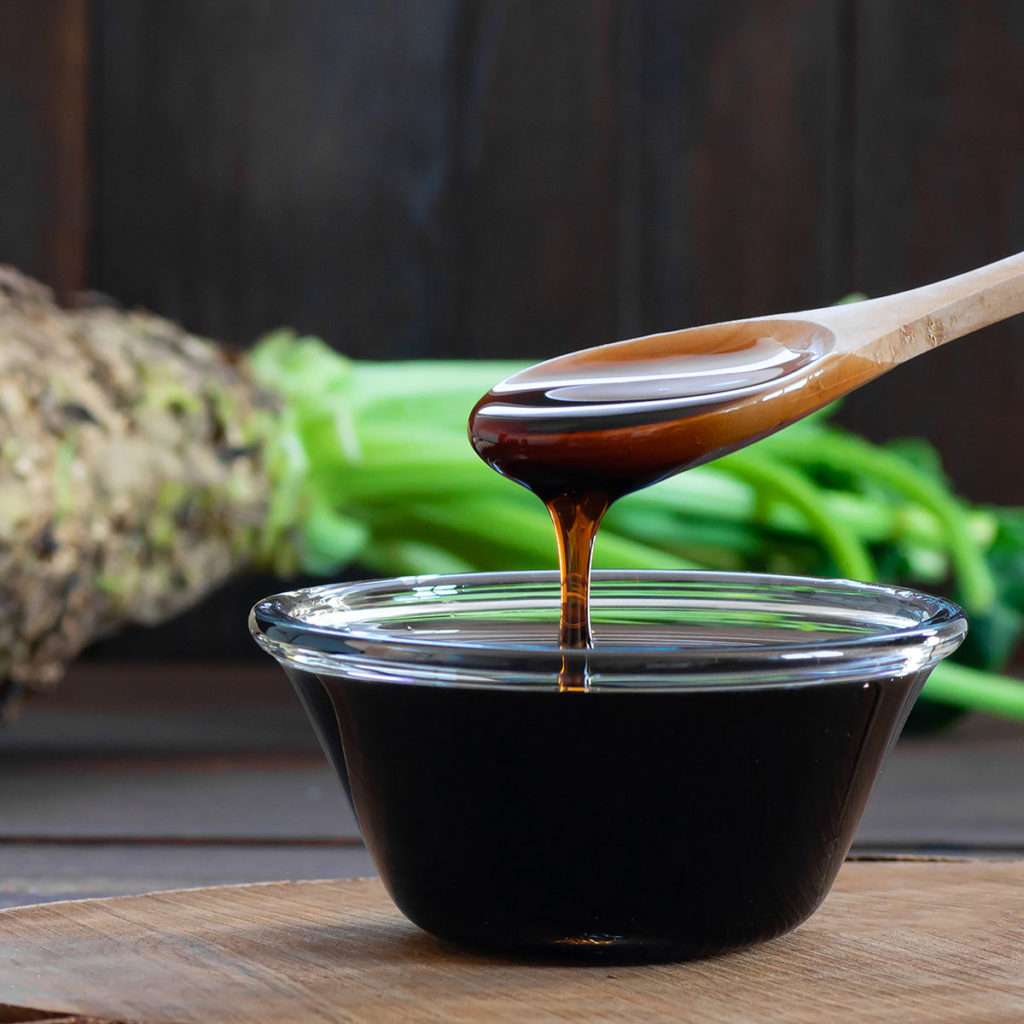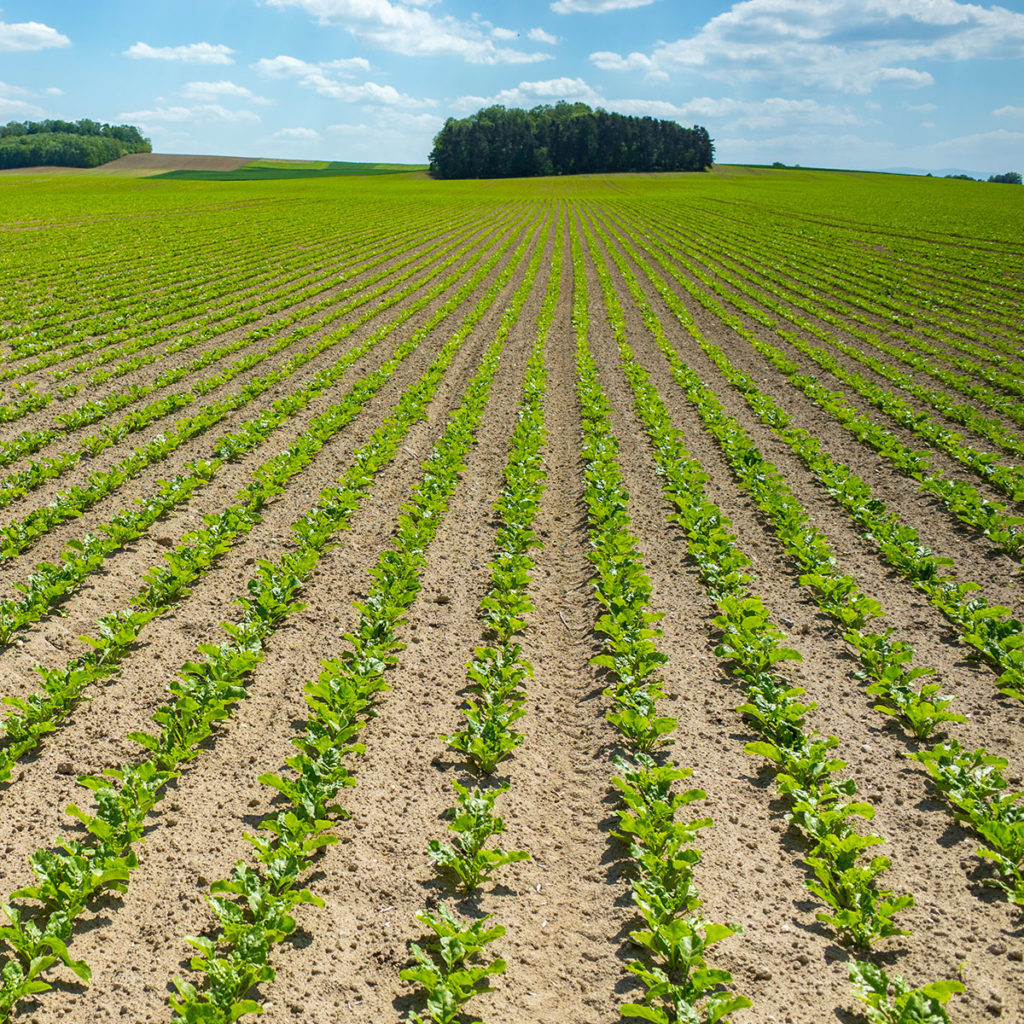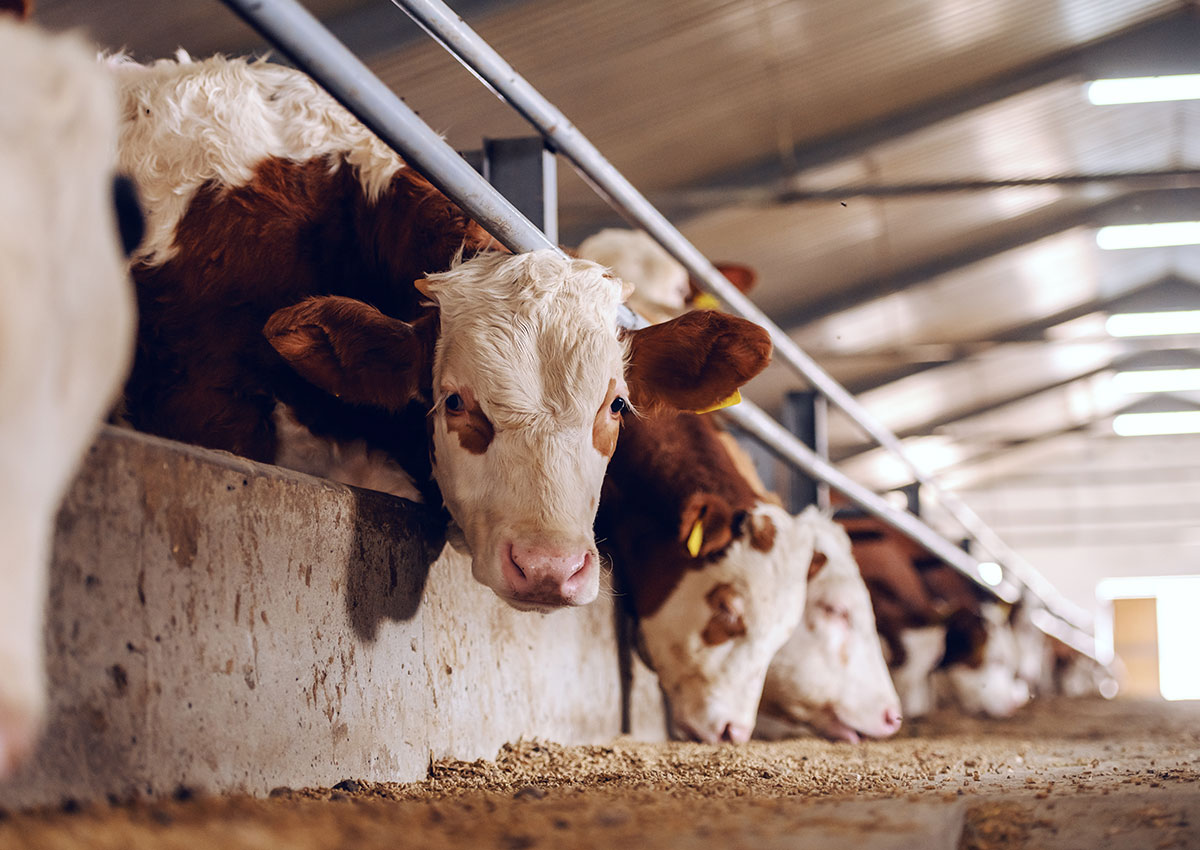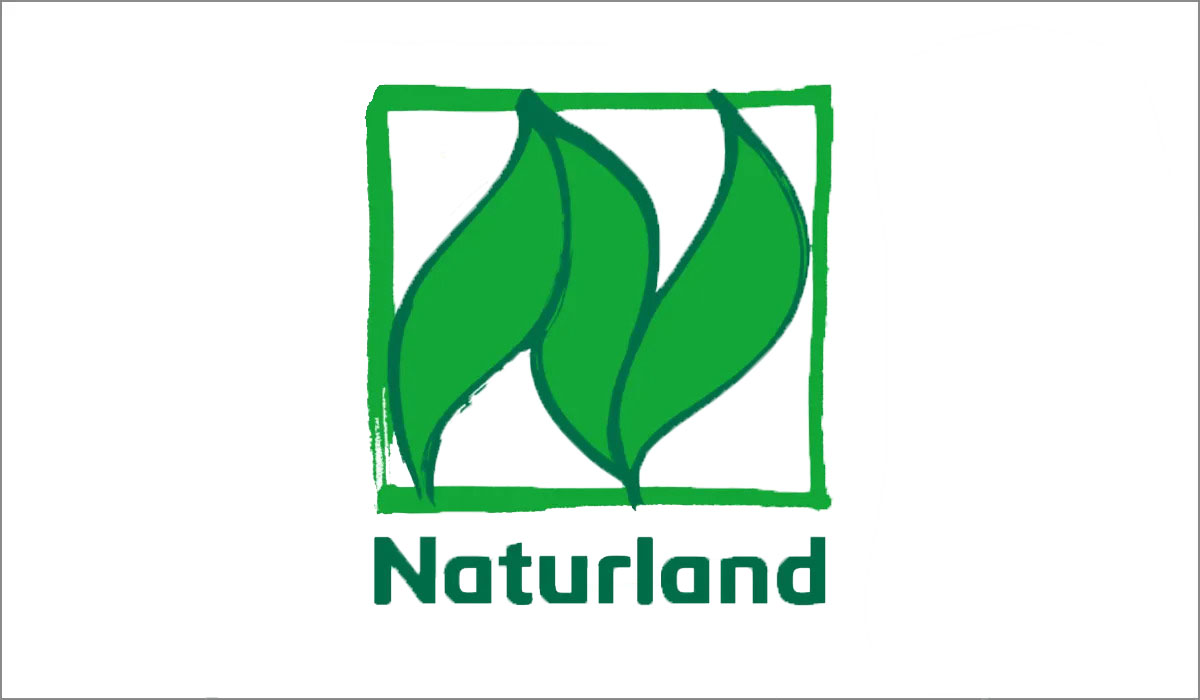Sugarbeet molasses
Sugarbeet molasses is created as a by-product in the production of beet sugar. At August Töpfer & Co., you can buy high-quality molasses for use in industry and agriculture.
- Atco
- Products
- Melasse / Treacle
- Sugarbeet molasses
Sugarbeet molasses from wholesaler August Töpfer & Co.

Sugarbeet molasses is a dark-brown, often almost black, viscous liquid. Like sugarcane molasses, it is a by-product of table sugar. The sugar content of beet molasses is around 42 to 47 percent. In contrast to sugarcane imported from Asia, sugarbeet is indigenous to Europe and forms the basis of beet sugar and beet molasses. While sugarcane molasses is often consumed as a food product, molasses obtained from sugarbeet is primarily used in feed, fermentation processes as well as the production of biogas and bioethanol.
Although molasses is very similar to sugarbeet syrup, the products differ in how they are produced. Sugarbeet syrup is the result of boiling down sugarbeet, while beet molasses was originally a waste product. At August Töpfer & Co., you can buy beet molasses in top wholesale quality, tailored exactly to your needs. Our sugarbeet molasses is also available with organic certification (certified according to EU Eco-Regulation 834/2007 and quality assurance standards) or with Naturland, Bio Suisse, NOP or Kosher labels. Get in touch with us!
Sugarbeet: origin and cultivation
As the source of beet sugar and sugarbeet molasses, sugarbeet is a biennial plant from the foxtail or goosefoot family. The taproots of the plant can be up to 1.5 metres deep in the ground. The plant stores most of its sugar in the core of the root. When harvested, typically in October and November, the white fleshy sugarbeet has a weight of around 700 to 800 grams. Following the growing season, the crop can only be planted in the same soil again after a break of several years.
In agriculture, the sugarbeet is considered among the most economically important cultivated plants in the temperate climatic zones of Europe and North America. Breeding practices are continuously increasing the sugar content of the plant. The sugar yield meanwhile equates to around 16 percent of the processed beet mass. Traditionally, the sugarbeet is primarily processed into beet chips, sugar beet syrup and beet sugar. Sugarbeet molasses is created as a by-product of sugar production. Since sugarbeet is a renewable resource, it is becoming increasingly important for the production of biogas and bioethanol, in addition to agriculture.
Production of sugarbeet molasses
- After harvesting, sugarbeet is initially shredded into sugarbeet chips.
- A diffusion process follows as the second step, in which the sugar juice is extracted from the beet. This “thin juice” is then cleaned using lime and carbon dioxide before being heated several times.
- Evaporating off the water contents results in “thick juice” with a higher concentration of sugar.
- The thick juice is then boiled down again. Sugar crystals are added during this stage in order to stimulate crystallisation of the liquid.
- In the last step, a centrifuge separates the solid, crystallised sugars from the liquid sugarbeet molasses. This process is also called refining.
- Centrifugating is repeated until no more sugar crystals can be extracted out of the molasses. The sugarbeet molasses becomes increasingly darker during the course of the process. Ten tonnes of sugarbeet produce around half a tonne of sugarbeet molasses.

Sugarbeet molasses ...
 © Magone/istock.com
© Magone/istock.com
... as a healthy food
Although sugarbeet molasses is used in food less often compared to sugarcane molasses, it is suitable as a healthier and lower-calorie alternative to table sugar, honey or maple syrup due to the minerals and amino acids it contains as well as its reduced sugar content. Sugarbeet molasses gives sweet dishes, muesli products and savoury sauces a dark colour as well as a bitter-sweet flavour almost like liquorice.
... for industry and biotechnology
Besides food products, sugarbeet molasses is also used in industry as a raw material for the production of alcohol, yeast, flavour enhancers and in pharmaceutical applications. Its composition and ingredients make sugarbeet molasses an ideal culture medium for various enzymes and microorganisms.
 © Jevtic/iStock.com
© Jevtic/iStock.com
... as fertiliser
The ingredients contained in sugarbeet molasses – including minerals, trace elements and carbohydrates – make the product an effective basis for organic liquid fertiliser. Containing on average 1.6 percent nitrogen, 0.1 percent phosphates and 3.5 percent potassium, it has excellent fertilising properties. Using sugarbeet molasses as fertiliser effectively delivers nutrients to the soil and promotes a healthy variety of important bacteria and microorganisms.
 © dusanpetkovic/iStock.com
© dusanpetkovic/iStock.com
... chips as feed
Sugarbeet molasses is a high-energy and nutritional feed for horses, cows and pigs. What’s more, animals typically love to eat it thanks to the sweet taste. Molasses is also used as an ingredient and binding agent in the production of mixed feed and optimises the sileage of green feed. Traditionally, sugarbeet molasses chips or pellets tend to be used. The shredded sugarbeet can be given either in wet form or as pressed or dried chips. The sugar content is adjusted by adding molasses as required. We offer dried pellets with or without different degrees of molasses content.
Sugarbeet molasses for your individual needs
At August Töpfer & Co., you can buy sugarcane and sugarbeet molasses as well as sugarbeet molasses chips for use in agriculture, industry or your own individual applications. If you would like to use the sugarbeet molasses as a food product, we will prepare the product according to internal and external standards and adjust its qualities to your specific needs. The molasses is prepared as part of a multi-stage process to achieve this result. Where more delicate flavours are required, sugarbeet molasses can be cut with other types of molasses, sugar or sugar syrup. Our sugarbeet molasses is also available in certified organic quality. Our team will be happy to assist you with any questions you might have about our product range and possible applications.




